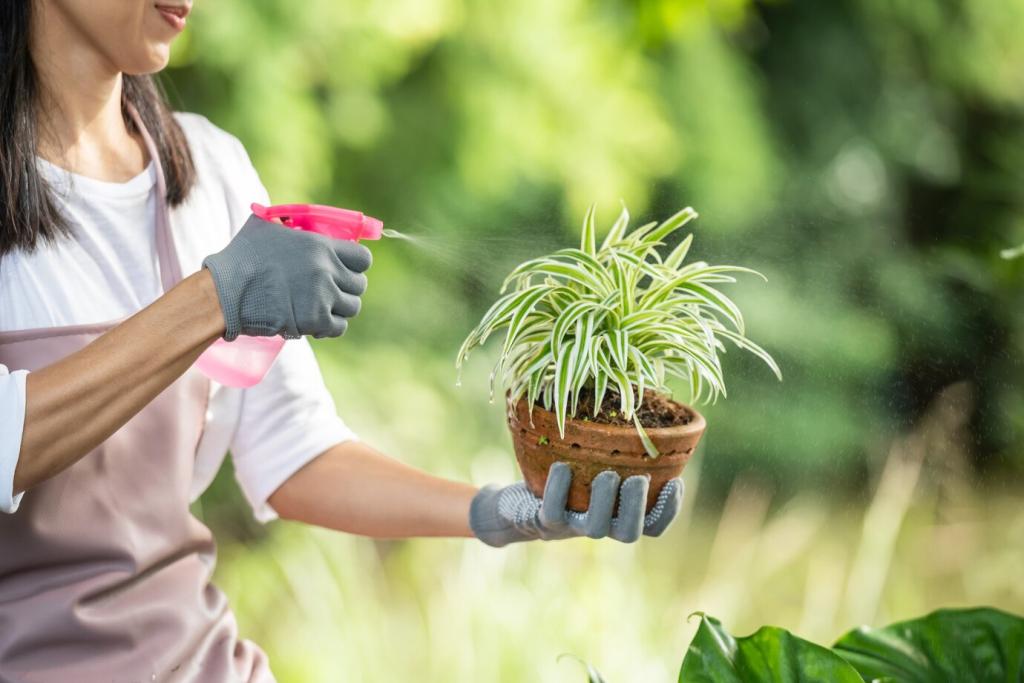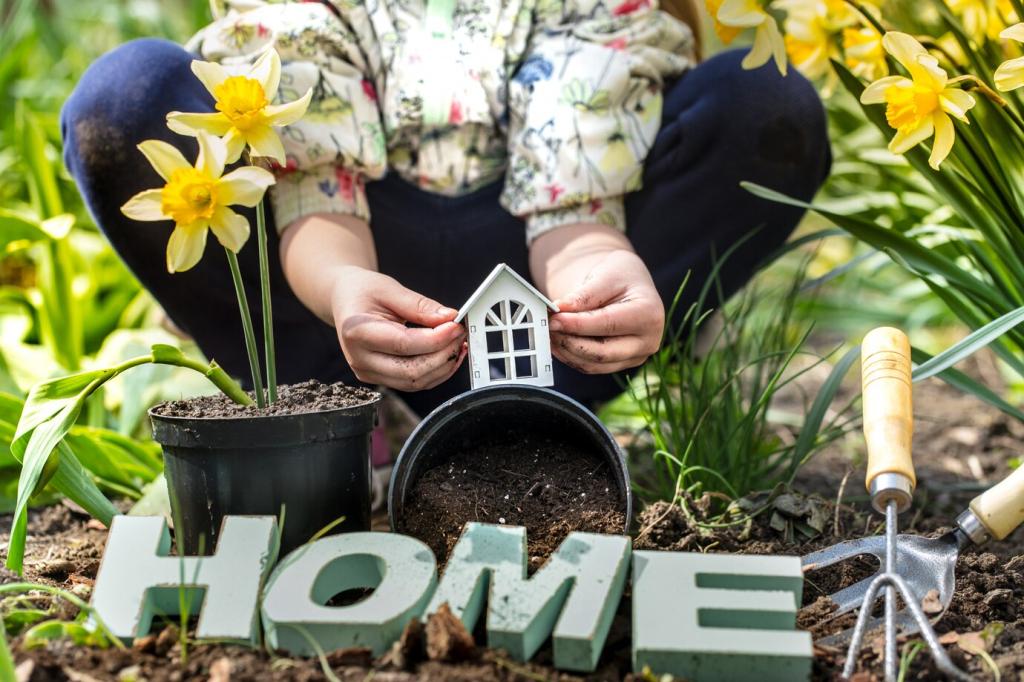
Starting Your Sustainable Urban Garden: A Step-by-Step Approach
Starting a sustainable urban garden is a rewarding and impactful way to connect with nature, reduce your carbon footprint, and enjoy fresh, homegrown produce right in the heart of the city. Whether you have a spacious backyard, a balcony, or just a windowsill, you can cultivate a thriving garden that benefits both you and the environment. This guide walks you through essential steps and strategies to launch your urban gardening journey, ensuring a sustainable and productive green space.
Planning Your Urban Garden
Assessing Your Space and Conditions
Understanding your available space and its unique conditions is the first step. Whether you have a sunny rooftop, a shaded balcony, or a small patio, consider the amount of sunlight, wind exposure, and access to water. Measure your space and note how the sun moves throughout the day. Assess the microclimates within your area; some parts may be warmer or more humid than others. This assessment helps you determine what kind of containers, raised beds, or vertical gardening systems would work best and prepares you to adapt your plans to make the most of your urban setting’s unique characteristics.


Setting Sustainable Goals
Establishing clear and achievable goals will make your gardening experience fulfilling and environmentally responsible. Reflect on what you hope to accomplish, whether it’s growing your own salad greens, beautifying your surroundings, or reducing your ecological footprint. Sustainable goals might include using organic methods, conserving water, or supporting local pollinators. Defining your objectives early on helps you prioritize resources and choose the right methods and materials that align with your vision of a sustainable urban garden, making it easier to measure your progress as your garden grows.
Building Healthy Urban Soil
Urban soil conditions can vary widely and often need improvement for successful gardening. Start by testing the soil for contaminants and nutrient levels, especially if gardening at ground level in cities. Amend the soil with compost, coconut coir, or organic matter to enhance fertility and structure. Healthy, living soil supports robust plant growth, retains water efficiently, and encourages beneficial microorganisms. Composting kitchen scraps and green waste not only reduces landfill contribution but also creates a closed-loop system, supplying your garden with nutrient-rich amendments and reinforcing the cycle of sustainability.
Selecting Sustainable Containers
Urban gardens thrive on flexibility, and containers play a central role. From traditional clay pots to innovative self-watering planters or repurposed storage containers, the possibilities are endless. When choosing containers, opt for durable, non-toxic, and recycled materials to minimize environmental impact. Proper drainage is critical, and container size should match the plant’s root system. Consider vertical gardens or railing-mounted boxes to maximize limited space. Pay attention to the material’s ability to insulate roots from heat and cold, ensuring the longevity of both the container and your plants, while keeping the design in harmony with your urban setting.
Essential Tools for Urban Gardening
Having the right tools can make urban gardening smoother and more enjoyable. Start with multipurpose, ergonomically designed hand tools like trowels, pruners, and watering cans that are suitable for small spaces. Choose tools made from sustainable materials such as bamboo, recycled metal, or responsibly sourced wood. Consider space-saving options like foldable stools and compact storage solutions. Tools that promote water efficiency, like drip irrigation kits or mulching sheets, contribute to sustainability. Proper tool maintenance will ensure they last for years, reinforcing your commitment to resource efficiency and reducing the need for frequent replacements.
Watering and Eco-Friendly Maintenance
Implementing Efficient Watering Practices
Water conservation is at the heart of sustainable urban gardening. Drip irrigation and soaker hoses target plant roots directly, minimizing evaporation and runoff—ideal for container and rooftop gardens. Collecting rainwater using barrels takes advantage of natural precipitation, which can be especially valuable in areas with seasonal drought. Adjust your watering schedules by monitoring soil moisture rather than sticking to a rigid routine; this prevents overwatering and reduces waste. Mulching around plants retains moisture and moderates soil temperature, further decreasing the need for frequent irrigation. By embracing efficient watering practices, you conserve resources while promoting resilient plant growth.
Natural Pest and Disease Management
Urban gardens can attract a variety of pests and diseases, but there are sustainable ways to keep them in check. Encourage natural predators like ladybugs and birds by integrating flowers and shrubs that offer food and shelter. Companion planting can deter unwanted insects while enhancing soil health. Make use of homemade natural sprays from ingredients like neem oil or garlic to combat pests, avoiding harmful synthetic chemicals. Regularly inspect your plants for early signs of diseases and pests, addressing issues promptly before they escalate. By prioritizing ecological balance over harmful interventions, your garden stays healthy and safe for people, pets, and pollinators.
Maintaining Healthy Soil
Continuous care of your soil is essential for ongoing success. Periodic addition of compost replenishes nutrients removed by growing plants, preventing the need for synthetic fertilizers. Practice crop rotation and vary plant types seasonally to reduce the buildup of pests and diseases and to improve soil structure. Cover cropping with legumes or clover during the off-season fixes nitrogen and prevents erosion, particularly in raised beds. Avoid compacting your soil by minimizing foot traffic and using lightweight tools. All of these maintenance practices encourage vigorous root systems and foster an ongoing cycle of soil vitality in your urban setting.
